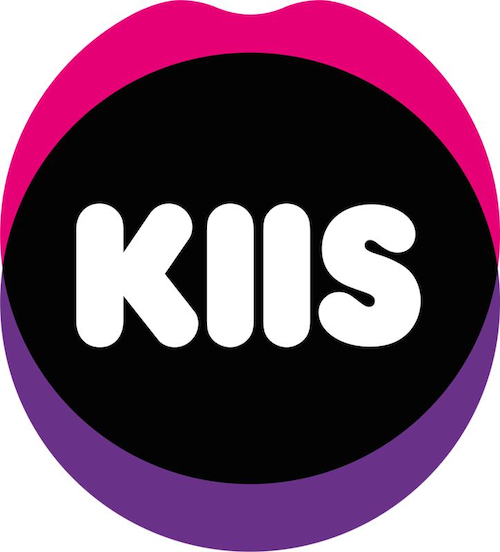Tips for getting from start to finish without losing your mind (or your job)

At RadioToday we heard from Journalist James Lake. over in Glasgow – it was about 2am at the time and he was about to crash for the night after the close of the Commonwealth Games.
It’s a tough gig covering the big sporting and news events when overseas – he’s been in Glasgow for a couple of weeks covering it for Triple M and other stations in the SCA stable. James was with other journo’s for the games including 2GB, SEN, 3AW and 4BC.
After working on the London 2012 Olympics and the Glasgow 2014 Commonwealth Games, here are his tips for getting from start to finish without losing your mind (or your job).

1. Know your audience. It’s a no brainer, but it’s all too easy to get caught in the excitement of being on the ground at a big event, and forget the audience you’re speaking to back at home. If there’s a lot going on, time is precious. Don’t waste it following stories that won’t interest listeners, and chase up those they’ll care about.
2. Know your talent. Your brain is overloaded with facts and names and scores. The story changes constantly, and you could get 2 minutes notice to interview someone you’ve never heard of about a match you didn’t watch. You can’t keep everything in your head, but keep your information at hand. As a backup, keep an arsenal of questions to guide you through the interview, and for everyones sake, make it quick. (Hot tip- if you know you’re only going to use a 10 second grab in news, don’t chew up time chatting for 10 minutes)
3. Know your location. You’re dropped into a foreign city, and you know you’ll be gone again in a matter of days, but still get to know it! Know where you are all the times, otherwise you’re going to get lost. You’ll either miss the story, or find yourself quick out of cash after giving it all to cab drivers. Taking public transport is usually free for media at big events, and gives you a great chance to chat with locals.
 4. Know your team. It’s rarely spoken about back at your home newsroom, but pooling resources when you’re on the ground in a foreign land is probably the best way to keep yourself in the game. Your biggest rival could become your biggest ally. It doesn’t mean you’re not providing exclusive content for your station, it just means you learn to make the most of the available resources for everyones benefit.
4. Know your team. It’s rarely spoken about back at your home newsroom, but pooling resources when you’re on the ground in a foreign land is probably the best way to keep yourself in the game. Your biggest rival could become your biggest ally. It doesn’t mean you’re not providing exclusive content for your station, it just means you learn to make the most of the available resources for everyones benefit.
5. Know your body. You’re not a machine. You cannot run 24 hours a day. The biggest challenge working on an event like the Olympics or Comm Games, is they’re more often than not in vastly different time zones. Couple that with working 18 hour days and trying to time your delivery for key programming times back at home, it’s easy to forget to take care of yourself. It’s not rocket science, but make sure you get to sleep whenever you can as soon as you can, and don’t binge on junk food and coffee or you won’t make it to the end. (Hot tip- most big event venues have quiet rooms for media staff to have a nap. Find it. Use it)
 James has put together an Australian team highlights package, reliving some of the highs and lows of the games which he has shared with us as well. James, thanks for giving us some insights into covering big events while overseas – great stuff!
James has put together an Australian team highlights package, reliving some of the highs and lows of the games which he has shared with us as well. James, thanks for giving us some insights into covering big events while overseas – great stuff!



